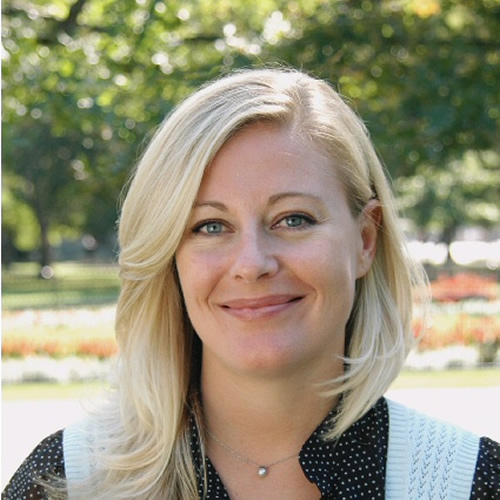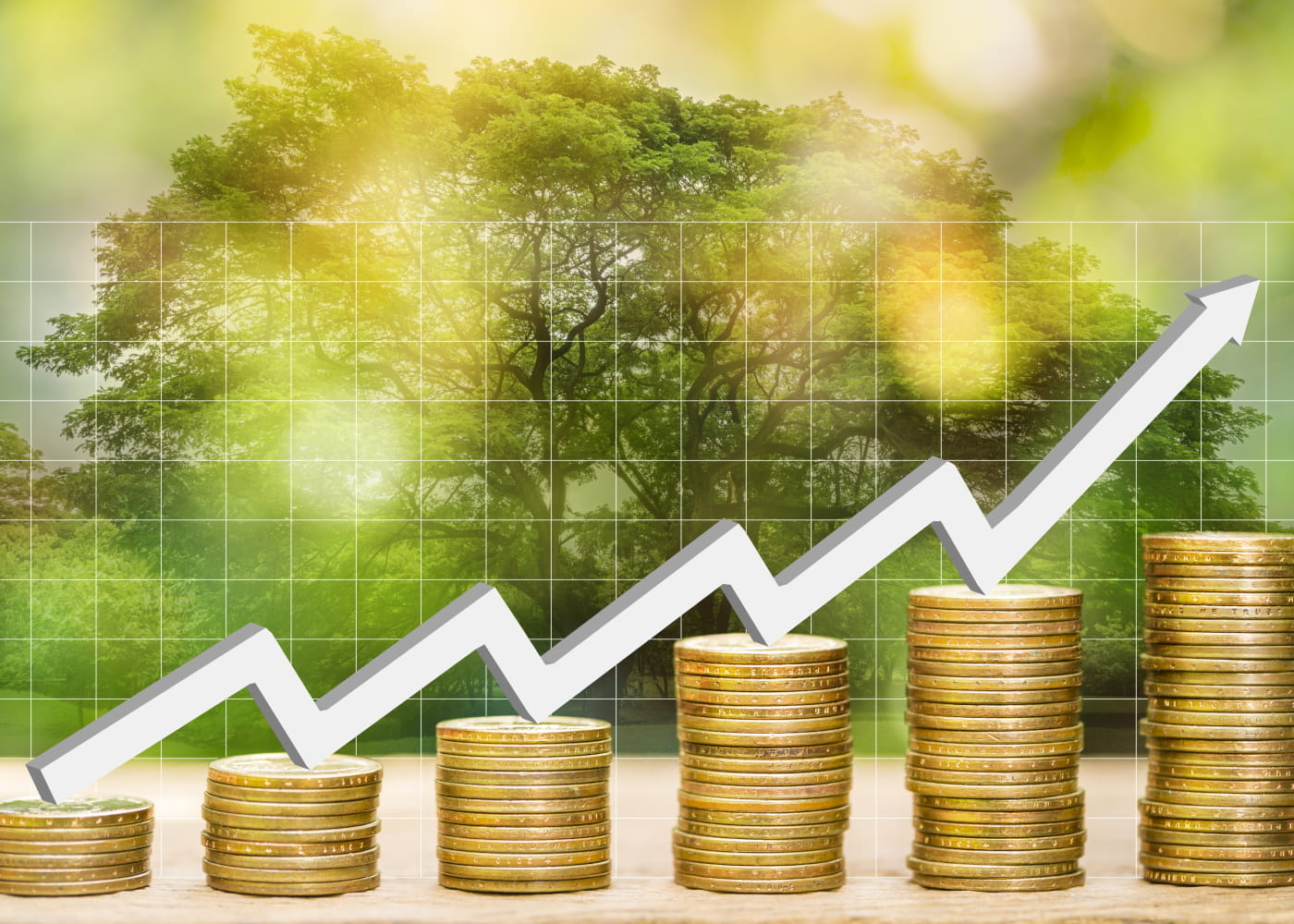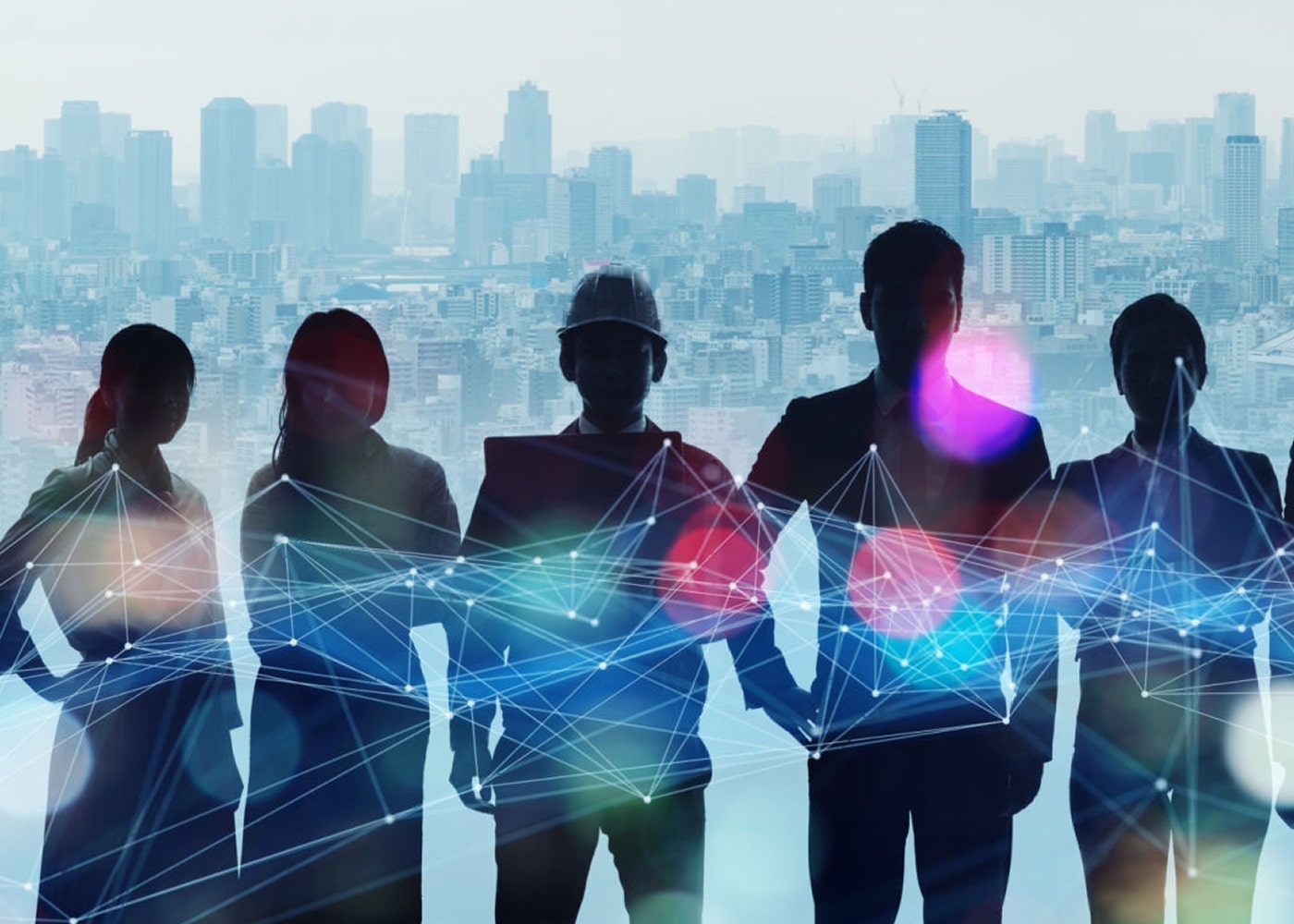COVID-19: A Window of Opportunity for System-Wide Sustainability Changes? Kevin Moss Thinks So.

1. Your keynote will challenge Sustainability leaders to seize the opportunity that the pandemic has created to breakout away from incremental thinking and reimagine the world through a lens of systemic thinking. For those that are not familiar with systems thinking, can you explain what that means and briefly how it can apply to sustainability challenges?
The specific actions we can take to address a problem are often limited by the system within which we work. Many of the situations we have addressed in our careers may have been sufficient to solve a problem, but with big challenges, it is often not enough. The solution is not within our hands alone. Sure, we can apply ourselves to doing a little less bad. But that doesn’t add up to enough. Systems thinking requires us first to determine how much needs to be done to solve the challenge at hand. It doesn’t allow us to say that is too hard. Instead, it calls on us to define what changes would be required to the broader system so that it can be done — however much they might seem to disrupt conventional thinking.
An example? A traditional approach would say, “I would like to do that, but my customers don’t want, it so I cannot”. A systems thinking approach would say, “In order to do that, I need to shift customer demand. How can we shift customer demand?”
2. Sometimes it takes major disruption or tragedy to see clearly. What has the pandemic helped us to see more clearly, especially related to the future health and safety of people and the planet? What about business?
The pandemic has shown us many things. I will pick one. It has shown us that we can shift our behavior on a dime when we have to.
As individuals, we changed our socializing, eating, working, and learning patterns in days. Some changes have been for the better. Of course, there are many problems; but think how many of those problems we could have overcome if we had spent a year, or even five, making those changes. That is the sort of timeline for fully embedding the behavior changes we need to make to address challenges to climate and nature. Business needs to just get on with it. And they can.
Companies too have made massive operational changes within in weeks — shifting employment patterns, customer service, and product portfolios. Think of it, automotive companies that for decades resisted making EVs instead of combustion engine vehicles, switched to producing ventilators in weeks. I wouldn’t wish this speed of change on anyone, ever, but it shows us what we can do if we put our minds to it and if business and government work together.
3. You have mentioned that you believe there is a limited window of time to seize the chance to reimagine the world and think differently about sustainability. Can you give us some more insight that window and how long you think it will be open?
It is hard to be scientific about this. Different resource limits will be reached at different times. Some are reversible; others are not. And the interactions between them are complex. But I think we need to be living a different world with different financial and consumer behavioral systems implemented within the current decade — by 2030. That means we need to start changing, rather than just planning to change, now. This is one of the reasons the Science Based Targets Network launched interim guidance with targets, before the science was fully buttoned down. We cannot wait another 18 months, through to 2023, for changes that need to have been implemented by 2030.
I don’t believe COVID is a ‘once in a lifetime’ level of disruption as I think we are entering a period of increasing disruptions. But I do think it is our best chance to make the changes needed to get us back on a stable trajectory.
4. Finally, Forum attendees are corporate sustainability and EHS leaders who are responsible for advancing environmental stewardship and sustainability and creating safe and healthy workplaces. Many have also been on the front lines of their company’s pandemic response. How can corporate sustainability and EHS leaders take advantage of the current spotlight on their role to achieve greater impact and cement their standing as critical stakeholders in their businesses?
This is your moment. This is your moment to help the company distinguish between doing less bad and doing enough, between tackling the symptom and tackling the cause. This is the moment to ‘out’ the elephant in the boardroom or help the company pull its head out of the sand and lift it up high to see beyond the horizon.
Part of the job of a lawyer is to provide the company or client with impartial advice on whether an intended action is or is not legal. The job of an accountant is to provide the company or client with impartial advice on how to complete their accounts. Our job is not just to improve efficiency, reduce waste, and create a sustainability narrative. It has some absolutes. It is to provide the company with impartial advice on whether its current and future plans will be sustainable and equitable on a planet of 9 billion people. Of course, there are grey areas, but there are plenty of clear no-go areas too. COVID gives you that mandate to be bold, and to help your company see the pitfalls ahead and how change now can get us back onto a safe and just trajectory.
Topics:
Sustainability Management
About the Author

Virginia Hoekenga
NAEM
Responsible for developing NAEM's educational programing, Virginia works closely with NAEM members to develop the annual EHS & Sustainability Management Forum, the largest gathering of EHS&S decision-makers. To get involved with the Forum, contact
her at [virginia at naem dot org].




